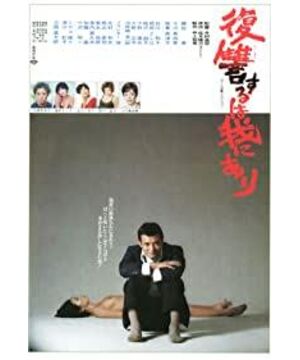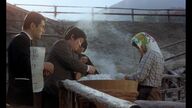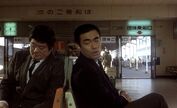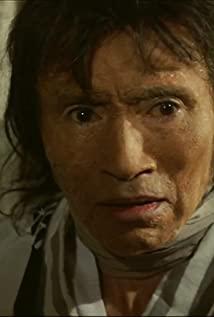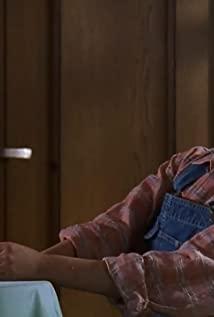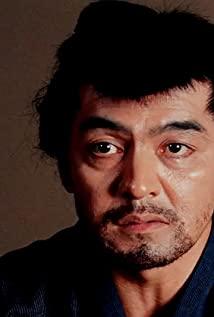However, Imamura's intentional blurring of the motivational attributes of these partial events lies in his attempt to attribute the true motivation of all events to the underlying Oedipus complex in men's hearts. In the middle of the movie, when Enojinyan wanted to kill the shrewd old woman who had been in prison for 15 years for murder for the second time, the old woman said to him, "The person you really wanted to kill didn't kill it." At this time, the dense eels in the pond aptly represent the complexity and pain of Enotsu Iwa. Judging from the title of the film, the revenge in "Vengeance Is Me" is not for external reasons, but precisely for the underlying resistance to patriarchy. In his childhood, the cowardice and helplessness his father showed during the army's expropriation of civilian ships was the deepening of Enotsu Iwa's father-killing complex. Since then, he embarked on the path of crime, which was a causeless rebellion against his cowardly fatherhood. Afterwards, his wife Tsumiko's ambiguous affection for her father was not only a manifestation of women's Electra complex, but also a subconscious denial of Enojinyan's "killing her father and marrying her mother", and even the reversed expression of this subconscious, that is to say Under the circumstance that his inner desire to "kill his father and marry his mother" could not be satisfied, his second "mother" in his life, his wife was taken away by his father, all of which were repression and denial of his own desire. This led to Enotsu Iwa's strong sexual desire and violent tendencies.
Imamura's emphasis on the film's theme performance is not limited to this. After conducting a Freud-like psychological analysis of the male protagonist, he vaguely expressed another aspect, the rebellion against religious ideas. Enojinyan's family are all Catholics, but from a certain point of view, neither the hero nor his father are qualified believers, but both chose passive and active resistance methods. In other words, for the Japanese nation, the primordial desire of sexual instinct transcended the constraints of religious theology and moral ethics. Therefore, Enotsuyan's revenge and rebellion against Catholicism is not only a rebellion against his father's position as a parent and a lofty idol, but also shows a collective subconsciousness of Japanese native culture's revenge against foreign cultures.
Imamura's calm and restrained lens language, steady and dignified film rhythm, rich and full characterization, and profound film inner themes in the film make "Vengeance in Me" beyond the ordinary meaning of revenge film and present a kind of movie. Strong tragic color. In my opinion, this film and the subsequent "Narayama Festival Kao" are the two peaks of Imamura's film.
View more about Vengeance Is Mine reviews


